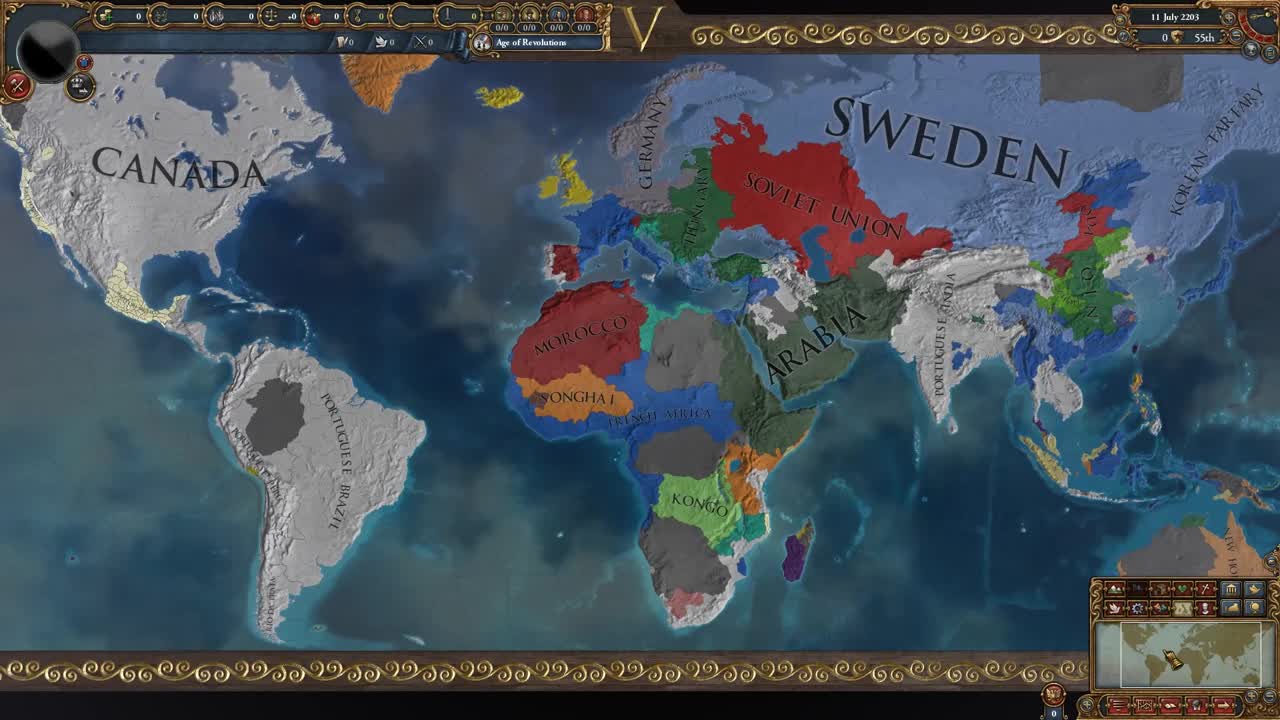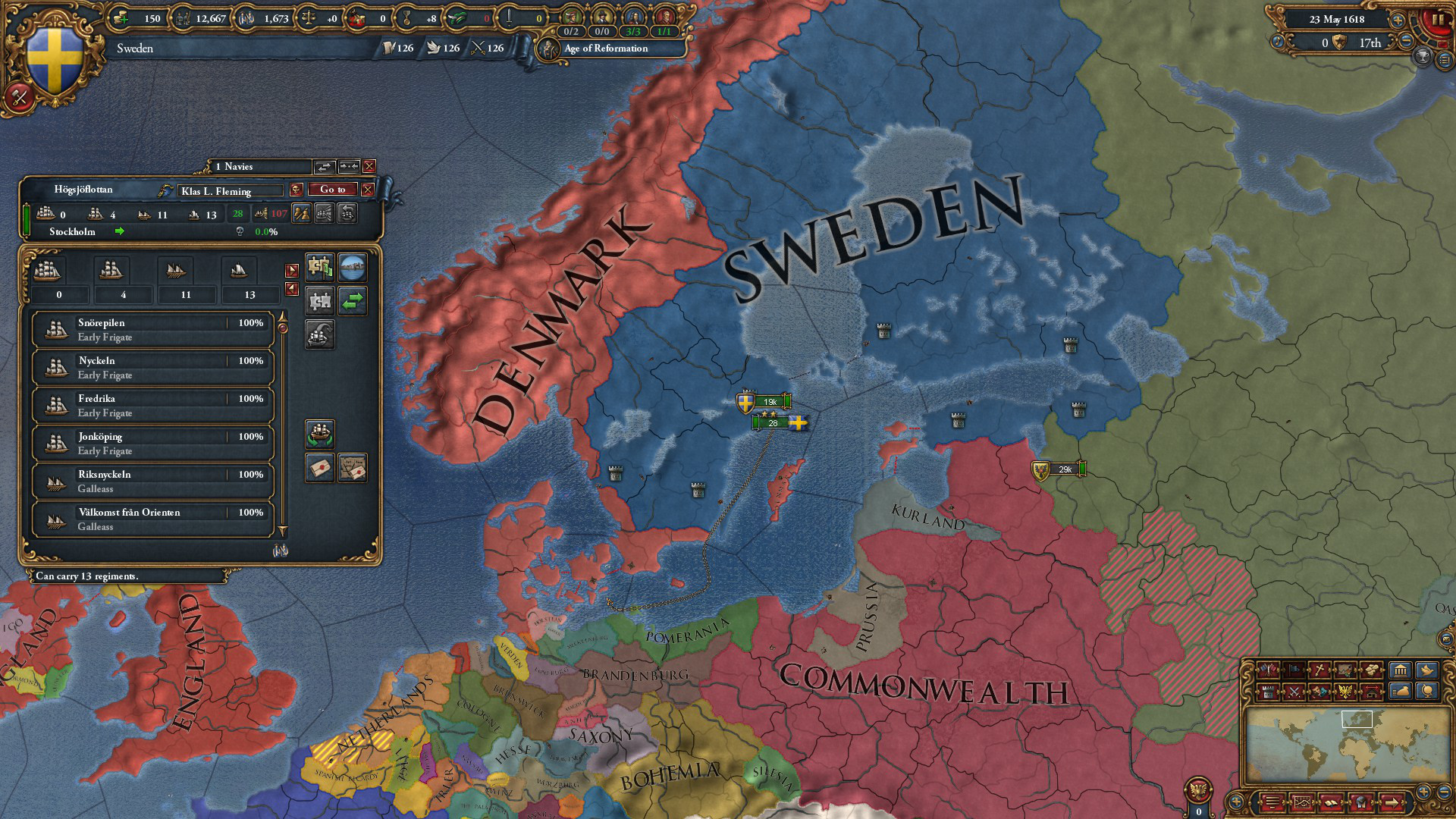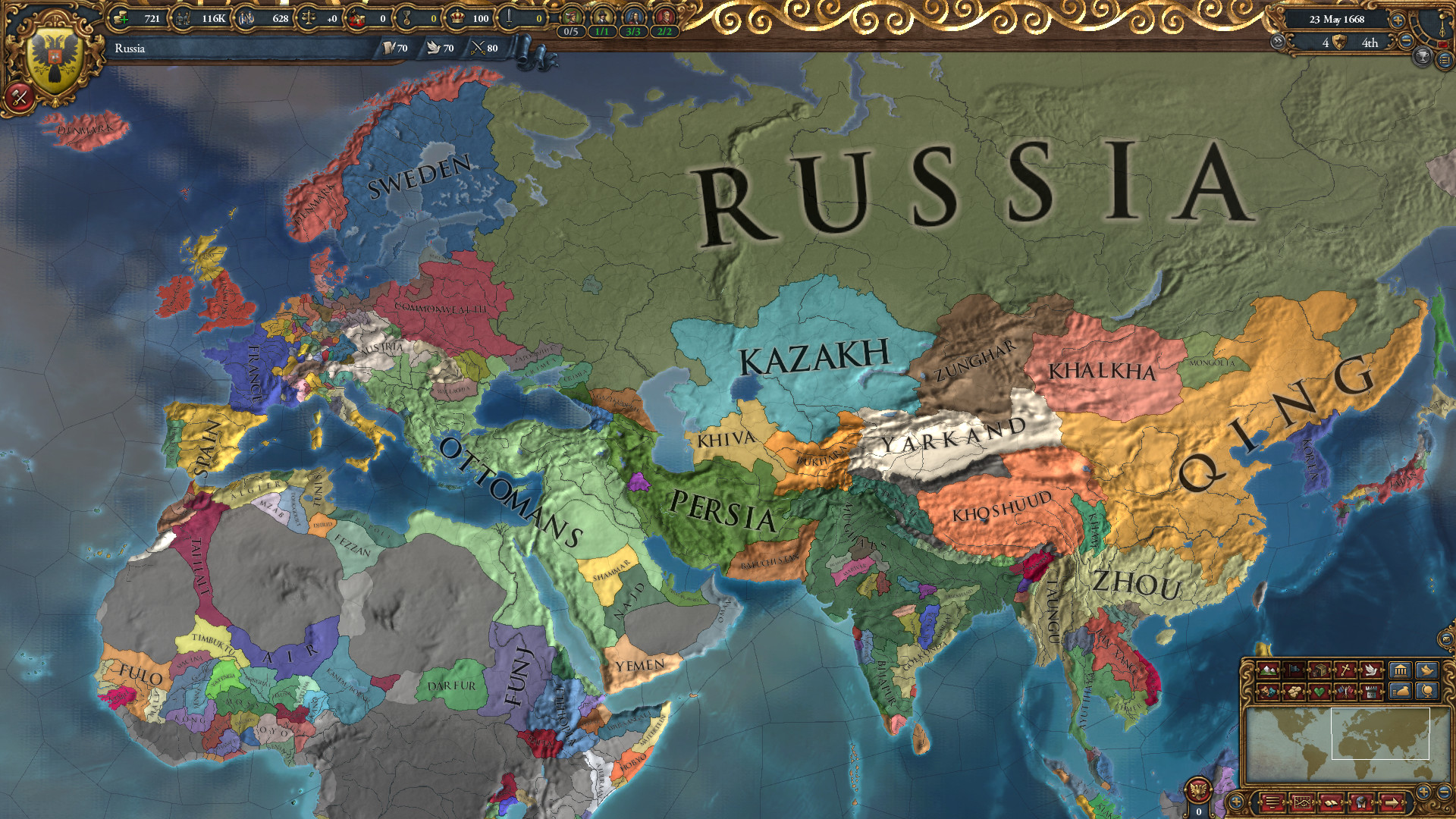
That’s because we start with five vassals, representing the powerful duchies in France.


You may have noticed from the image above that France looks a little.blotchy. Early Game Prioritiesįrance is a little different. For most countries, the critical early game resources are money (most kingdoms begin with only a slim surplus and you can easily go into debt from a single bad event or a long war) and administrative power, which you will use as fast as you get it on growing your territory. Through these features, you will see what you need to focus on. Mousing over any of these will tell you how much you are gaining or losing and why. We can also spend it to execute certain specialized combat maneuvers and temporarily suppress a rebellion. It is used to develop new types of regiments, hire generals, develop new defensive buildings, and grant various passive combat bonuses.
Military power represents the sophistication of your land forces. For colonizers, it also affects the speed at which colonies grow and how far away they can be established. It is used to develop new types of ships, recruit admirals and explorers, influence culture within your kingdom and annex land belonging to your vassals. Diplomatic power represents your ability to influence your neighbors through means other than war. This will likely become your most important resource early on You can also use it to absorb newly conquered lands into your patrimony. It is used to develop economic buildings, unlock idea groups, stabilize your kingdom and keep inflation in check. Administrative power represents your internal control over your domain. Each type has specific functions as well: Monarch power is used to advance your technology, activate new ideas (read: permanent bonuses), and develop your provinces. You gain this power primarily through your ruler and advisors and can gain (or lose) this power through random events. Highlighted in green are your three types of monarch power. Manpower recovers slowly, though there are a few ways to gain soldiers quickly. Earlier on in the game, it’s wise to have at least as many men in reserve as you have in the field. If you deplete your manpower reserves, your army becomes vulnerable. You use them to raise new regiments, but also to heal existing ones. These are the men you have in reserve but have yet to be assigned to regiments. There are many ways to make money in the game, such as internally through tax, industry and gold mining, externally through trade and vassal taxes, and through war reparations. Measured in ducats, this is used to raise and maintain an army and navy, construct buildings, hire advisors, and maintain colonies. Here you can click on various buttons to unlock twenty-odd submenus with differing levels of functionality and value, but let’s begin with what is currently visible. #ARE THEY MAKING A EUROPA UNIVERSALIS 5 HOW TO#
France is a powerful European monarchy with no unusual mechanics, but lots of flavor events and just enough quirks to let me show how to comprehend the game’s logic. For this demonstration, I'm going to play as France, known to aficionados as the "Big Blue Blob." While this is not a country recommended for beginners, it’s still a good entry point. This is a first-turn guide, detailing what to do when starting a campaign. This guide, by contrast, assumes you know nothing about Paradox games. For most people, this is where the Paradox Interactive experience ends - lost amid an endless procession of menus that sap your will to continue and a wiki that actually has a transformation matrix on one of its pages.

When you’ve put thousands of hours into a game, it’s easy to forget how intimidating it was the first time you fired it up. There are worlds and worlds of Europa Universalis IV strategy guides, and every single one of them assumes that you're a top-level expert looking to break the game over your knee.







 0 kommentar(er)
0 kommentar(er)
